|
This is episode #7 of the Camera and Inspiration show at “PPN - Photo Podcast Network” for October 2017. This show is sponsored by B&H: bit.ly/bhphotodeals
Amazon Germany: http://amzn.to/2xCsWDW Amazon US: http://a.co/60BPohV Here are the links to Valérie’s work and social media accounts: Web: www.valeriejardin.com Facebook: https://www.facebook.com/valeriejardinphotography Instagram: https://www.instagram.com/valeriejardin/ Twitter: https://twitter.com/valeriejardin iTunes: https://itunes.apple.com/us/podcast/hit-streets-valerie-jardin/id1155913704 Please support our show by using our B&H affiliate link (click here) that will not cost you a penny more than when you are buying at B&H without our link. And the more this link will be used to buy at B&H, the more giveaways we’ll be able to give back to our listeners through B&H. It really is a “win-win” situation :) And please share this podcast with your friends and subscribe via iTunes. We would also love to get your feedback. Is there anything that you want us to cover on the show in the future? And we would appreciate if you could take a short moment to rate or post a quick review about our shows on iTunes. For more information on Scott Bourne follow him on Twitter: @ScottBourne For more information on Marco Larousse follow him on Twitter: @HamburgCam About this show: On the monthly “Camera and Inspiration” podcast show of the PPN - Photo Podcast Network, Scott and Marco discuss the essence of photography and how to photograph with more intent. Determining the “why” before the “how” in photography is essential to understanding your subject better and create stronger images. In each episode, they introduce you to an inspirational photographer of the month and also share an inspirational photo book of the month. AuthorMarco Larousse is a journalist and a fine art, street and documentary photographer, a educator, speaker, and podcast producer of photography related topics - MarcoLarousse.com. Marco has a background in photography of 30+ years.
1 Comment
The More Gear Show topic this month is: Prime v. Zoom Lenses Follow @Photopodcasts on Twitter Email: [email protected] with questions or use the form on our website You’ll find a visual presentation of these show notes here: https://spark.adobe.com/page/pNsx6L2onZBBB/ Prime v. Zoom Lenses. It's one of those age-old battles like Mac v. PC, or Xbox v. Playstation. While it's a subject that brings out passionate views from both sides, my goal in this presentation is not to take sides, but to give photographers a basic primer on the two types of lenses so that they can make better informed buying decisions. I do have my own opinions and will share them. At the end of this presentation, I will mention some of the lenses I use. For those who are new to all this, a prime lens is merely a fixed focal length lens. It just means that unlike your 70-200mm zoom lens that allows you to use focal lengths between 70mm and 200mm, a prime lens will only shoot at a fixed length. Some common prime lens lengths are 24mm, 35mm 50mm, 85mm, 100mm, 200mm, etc. Here’s a rundown of the main advantages prime lenses have over zooms… 1. Prime lenses tend to be “faster” than zooms. What I mean by that is that they have a larger aperture (lower f-stop number) and allow more light into the camera. 2. Prime lenses tend to be sharper because they tend to have fewer optical compromises. Zooms require more lens elements and moving parts which could impact sharpness. 3. Prime lenses are typically smaller and lighter than their zoom-lens equals. 4. Prime lenses force you to think more about composition since you can’t just zoom your way out of a problem. 5. Prime lenses (at least the great ones) may offer you more control over your photography. They have features like depth-of-field scales (used for hyper focal distance calculations) or aperture rings. There are three primary disadvantages to all these features… a. You have less flexibility. b. You have to buy and carry more lenses to achieve coverage of the same focal lengths. c. Good prime lenses can be expensive. The basics of zoom lenses… A zoom lens is a mechanical assembly of lens elements for which the focal length (and thus angle of view) can be varied, as opposed to a fixed focal length lens. The main advantage of zoom lenses is flexibility. You can carry just one lens that covers a wide range of focal lengths. As for which is better, primes or zooms, the answer is (as it always in with photography) IT DEPENDS. It depends on what you want to accomplish, your skill level, the type of photography you practice and your budget. As for my own preferences, I generally prefer primes. When I have a choice, I shoot with primes, but there are indeed times when I want a zoom lens. They are affordable, flexible, convenient and versatile. The Olympus M.Zuiko Digital ED 40-150mm f/2.8 PRO Lens is one of my favorite zoom lenses for bird photography. There are times when it is just the best choice. Otherwise, I tend to use my Olympus M.Zuiko Digital ED 300mm f/4 IS PRO Lens and may use the Olympus M.Zuiko Digital MC-14 1.4x Teleconverter when I need more reach. I almost photograph birds exclusively using these lenses with one exception. When I am at places in the Alligator Farm or Gatorland and I can get very close, I will use a lightweight zoom lens, the Olympus M.Zuiko Digital ED 12-100mm f/4 IS PRO Lens which is great for hand-held flight shots when the birds are close. Conclusion Everything in photography involves a trade off. Zooms typically have more flaws than prime lenses but primes are more expensive and you have to carry more of them. Even though I prefer primes, I am NOT saying you shouldn’t buy a zoom lens. As you can see, I do own two myself. And the good news is that today's zooms are better than ever before. I do believe (especially for those shooting video or those who need super telephoto lenses) that a very fast prime lens is the best way to go, if budget allows. Your mileage may vary. If you are unsure of which way to go, my advice is to rent before you buy and put each lens you're considering through its paces. Decide if it's right for you and then pull the trigger. Please support our show by using our B&H affiliate link (click here) that will not cost you a penny more than when you are buying at B&H without our link. And the more this link will be used to buy at B&H, the more giveaways we’ll be able to give back to our listeners through B&H. It really is a “win-win” situation :) And please share this podcast with your friends and subscribe via iTunes. We would also love to get your feedback. Is there anything that you want us to cover on the show in the future? And we would appreciate if you could take a short moment to rate or post a quick review about our shows on iTunes. For more information on Scott Bourne follow him on Twitter: @ScottBourne For more information on Marco Larousse follow him on Twitter: @HamburgCam AuthorScott Bourne is an Olympus Visionary and a professional wildlife photographer, author and lecturer who specializes in birds. He was one of the founders of This Week In Photo, Founded Photofocus.com and is co-founder of the new Photo Podcast Network (www.photopodcasts.com.) On this episode #7 “We Shoot Mirrorless” podcast episode for October 2017, Scott and Marco discuss these new products and mirrorless topics: This show is sponsored by B&H: bit.ly/bhphotodeals
Mirrorless question of the month: Hi Scott and Marco, I am a long time listener of your podcasts and have made the full switch from Nikon DSLR’s to Fuji mirrorless cameras (sorry Scott) ;) last year. I’m currently using a Fuji X-T2 and X-T 20 and have the XF 50-140mm f2.8 lens for my zoom work. Inspired by Scott’s recent PPN - More Gear Show episode about TC’s, I am now considering the purchase of a 1.4x or 2x TC. But a photographer friend has told me, that TC are not a good idea on crop sensor cameras, as there is already an artificial crop happening on the sensor. And the IQ will degrade drastically stronger than on a cropped FF camera. He suggests that I’d rather invest in the Fuji XF 100-400mm f4.5 - 5.6 lens. What do you think? Thanks so much for all of the great shows each month! Johan from Uppsala, Sweden
Please support our show by using our B&H affiliate link (click here) that will not cost you a penny more than when you are buying at B&H without our link. And the more this link will be used to buy at B&H, the more giveaways we’ll be able to give back to our listeners through B&H. It really is a “win-win” situation :) And please share this podcast with your friends and subscribe via iTunes. We would also love to get your feedback. Is there anything that you want us to cover on the show in the future? And we would appreciate if you could take a short moment to rate or post a quick review about our shows on iTunes. For more information on Scott Bourne follow him on Twitter: @ScottBourne For more information on Marco Larousse follow him on Twitter: @HamburgCam About this show: On the monthly #WeShootMirrorless episode of the “PPN - Photo Podcast Network” show, Scott and Marco will discuss news from the mirrorless camera world related to innovations, trends, gear and accessories. And they will introduce mirrorless camera brands by interviewing the respective managers of those manufacturers. They will also invite pro photographers who make their living working with mirrorless cameras to share some tips and tricks on their workflow. AuthorMarco Larousse is a journalist and a fine art, street and documentary photographer, a educator, speaker, and podcast producer of photography related topics - MarcoLarousse.com. Marco has a background in photography of 30+ years. 10/6/2017 0 Comments Q&A #5 | PPN | October 6th, 2017Please submit your photography related questions to us here: http://www.photopodcasts.com/contact.html Host Scott Bourne: @ScottBourne Co-Host Rick Sammon: @ricksammon Rick’s website: www.ricksammon.com This episode is sponsored by B&H - Please use our B&H affiliate link: bit.ly/bhphotodeals Here are the questions that Scott and Rick answer on this episode: 1. Would like to ask, how do you get better at composition? Seems like such a talent I don’t have. From Carlos Rivera On Twitter 2. What’s the biggest mistake that people moving from film to digital photography make? From Dave in Tulsa, OK 3. Do you shoot JPEG or RAW and Lightroom or ??? From Aaron on Twitter 4. How do you avoid getting red-eye? I saw some on the forums saying use the red eye reduction mode but my camera doesn’t have that. From Susan in Evansville, IN 5. How do you go about shooting in harsh sunlight? From Stephanie Rodham on Twitter 6. Why do some portrait photographers choose continuous (hot)lights v. strobe? From Alex in San Francisco, CA 7. Have any tips for shooting fast moving objects/ sports? From Ryan Simonovich on Twitter 8. How do you get your portrait subjects to relax? From Phil in Edmonton, Alberta 9. Why can I not get the same picture in my camera as in my head? From Russ Scullen on Twitter 10. What motivates you to continue taking pictures economically, politically, intellectually or emotionally? From Edward in Boise, ID 11. Why don’t camera manufacturers built camera bases with the Area Swiss plate built into the base? I see lots of questions on forums asking “what plate to buy”- why not build it into the camera, save the extra bulk/weight/cost? And many m43 cameras are not deemed worthy of a custom plate, leading to problems accessing batteries//cards when using generic plates. From Rick Fee Please support our show by using our B&H affiliate link (click here) that will not cost you a penny more than when you are buying at B&H without our link. And the more this link will be used to buy at B&H, the more giveaways we’ll be able to give back to our listeners through B&H. It really is a “win-win” situation :) And please share this podcast with your friends and subscribe via iTunes. We would also love to get your feedback. Is there anything that you want us to cover on the show in the future? And we would appreciate if you could take a short moment to rate or post a quick review about our shows on iTunes. AuthorScott Bourne is an Olympus Visionary and a professional wildlife photographer, author and lecturer who specializes in birds. He was one of the founders of This Week In Photo, Founded Photofocus.com and is co-founder of the new Photo Podcast Network (www.photopodcasts.com.) |
PODCASTSPPN - Photo Podcast Network - Your source of photography inspiration, education, information, and entertainment. We cover it all in our shows. Subscribe to PPN for free in Apple Podcasts or your favorite podcast app. Archives
October 2023
CategoriesAll Camera And Inspiration More Gear Show Podcast Q&A We Shoot Mirrorless |
Copyright 2017 - 2021 - All Rights Reserved
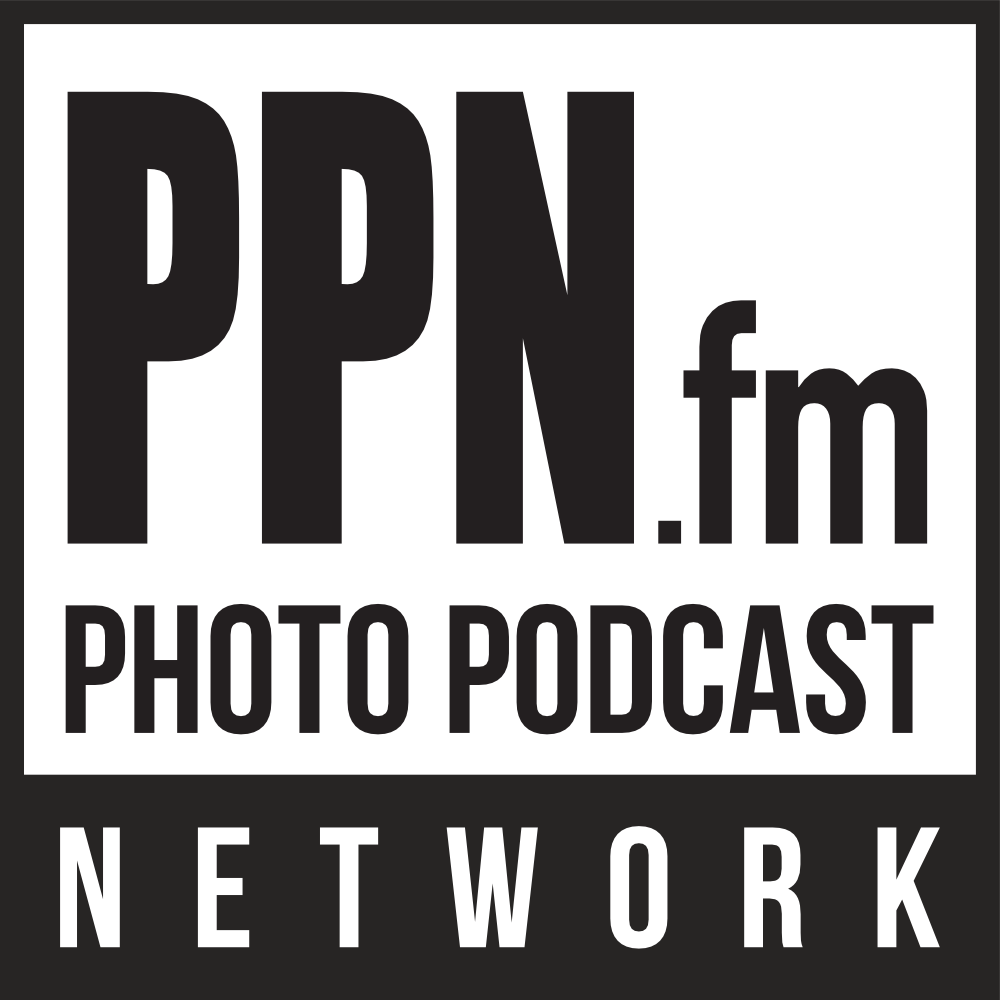




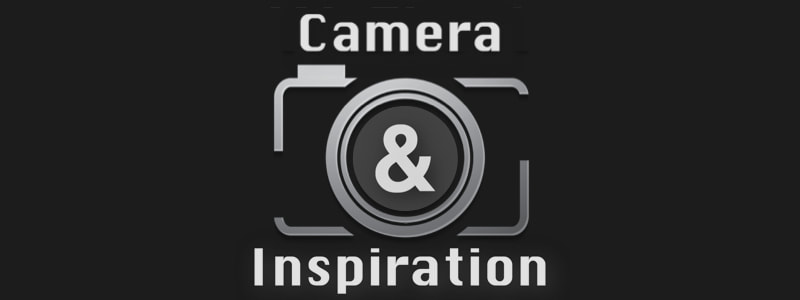
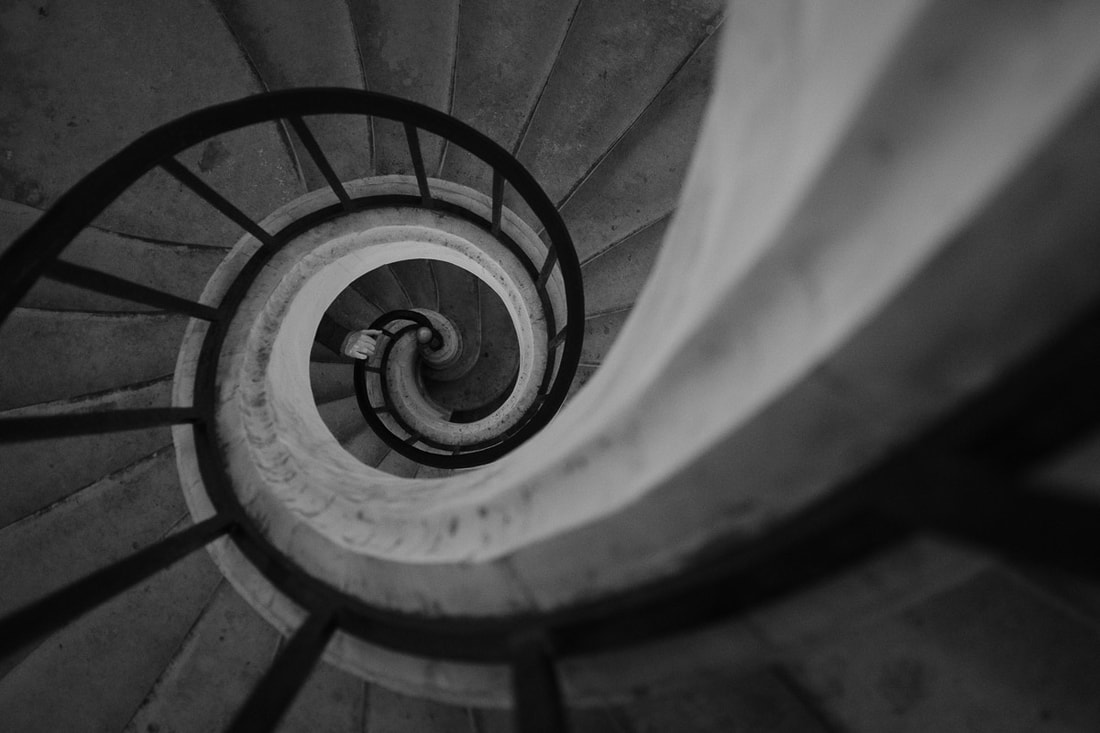
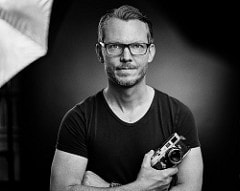

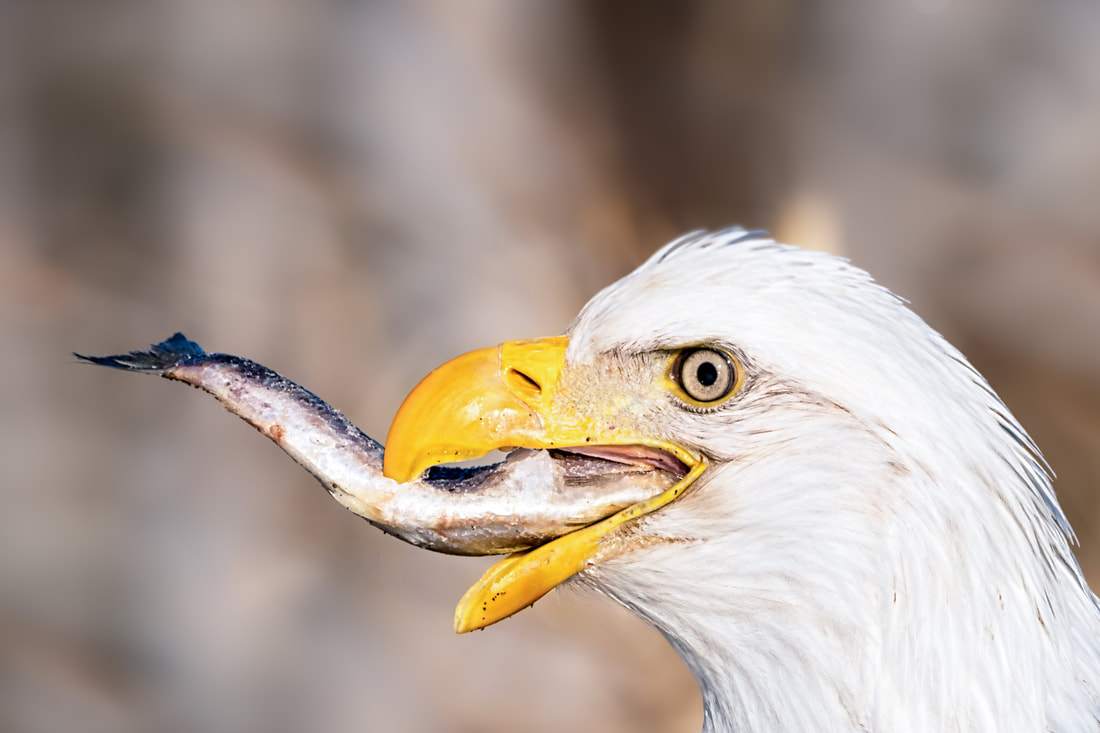
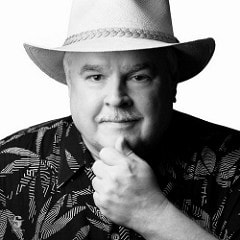

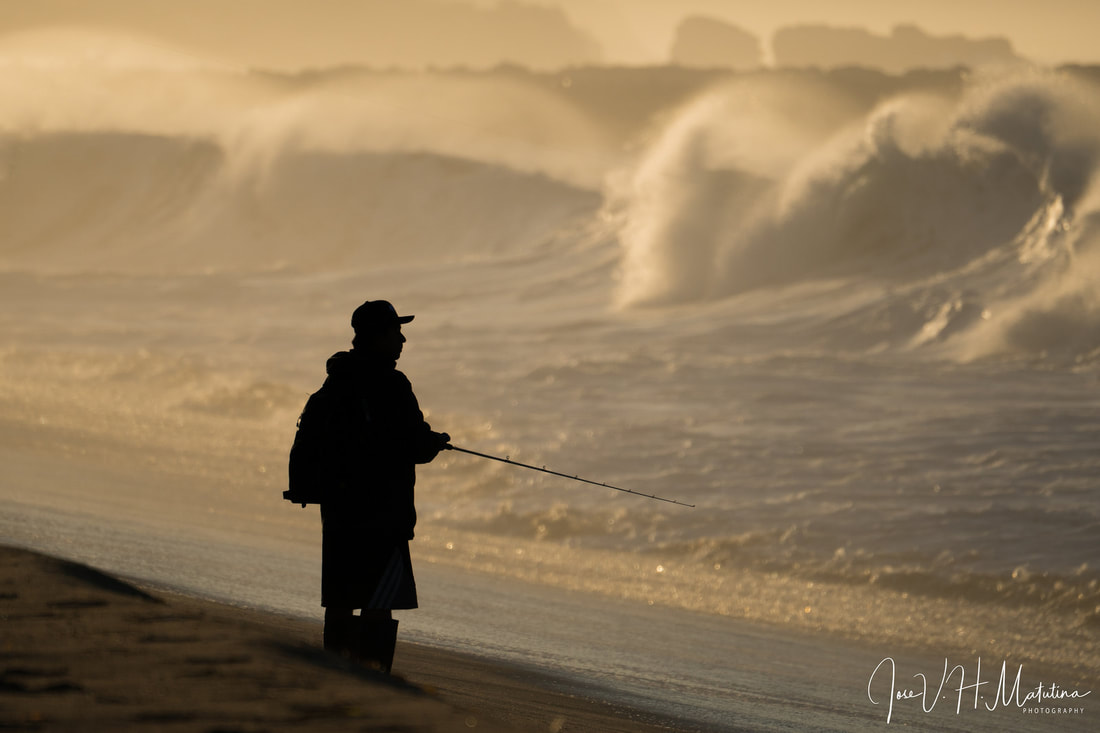
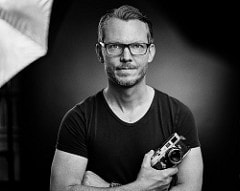

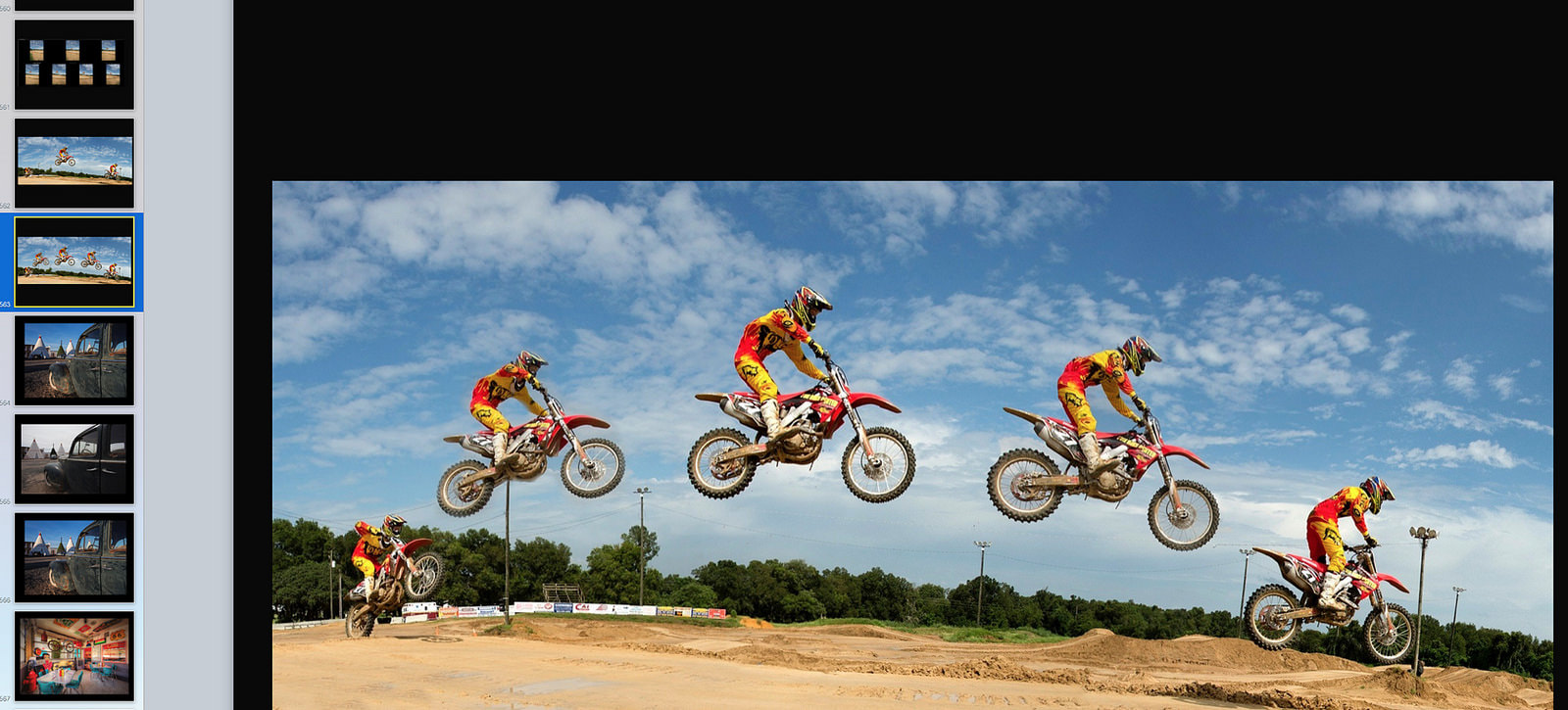
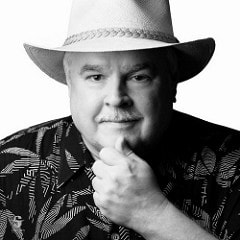
 RSS Feed
RSS Feed